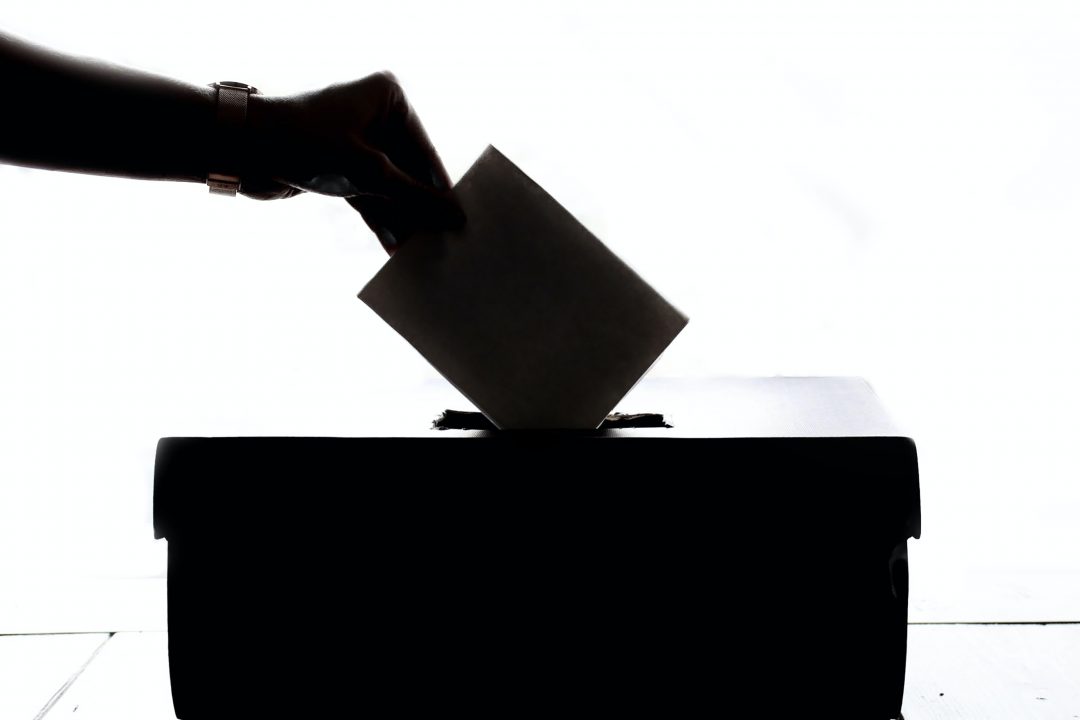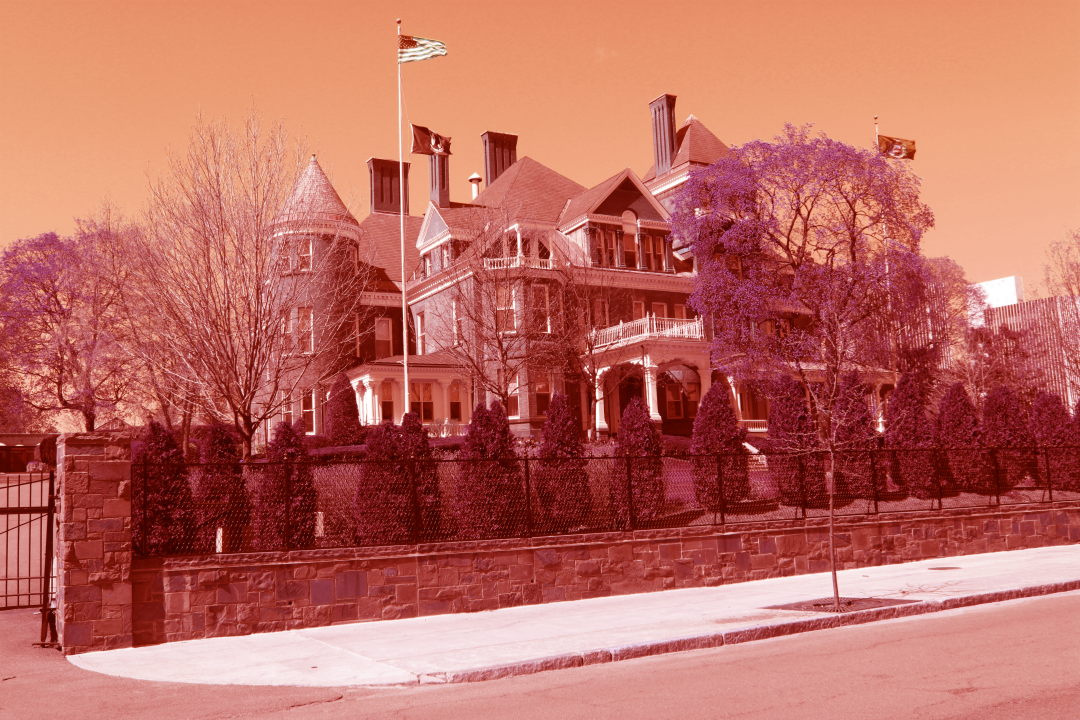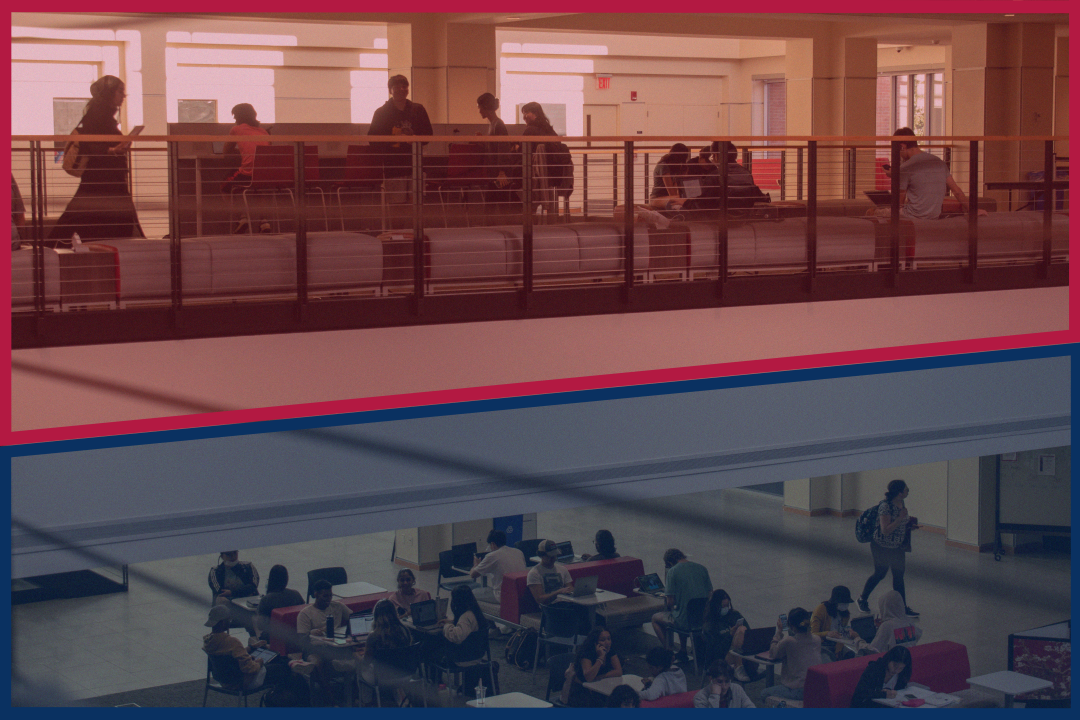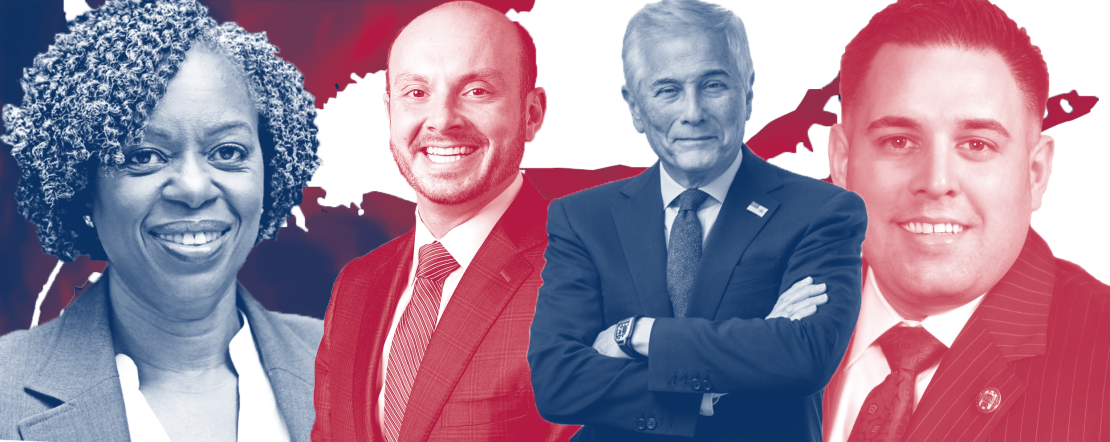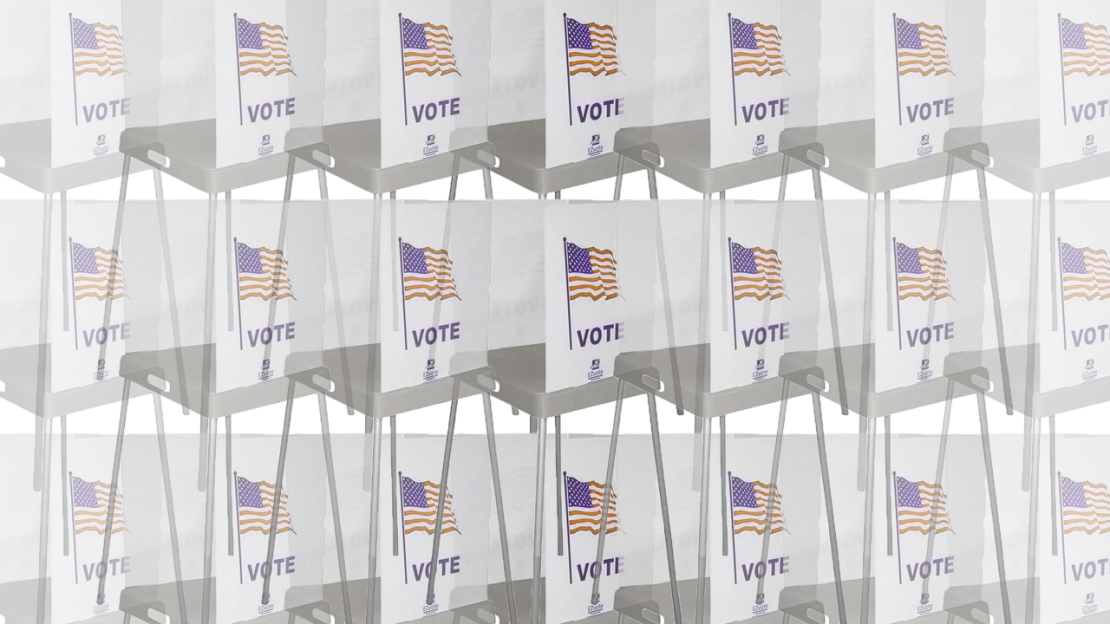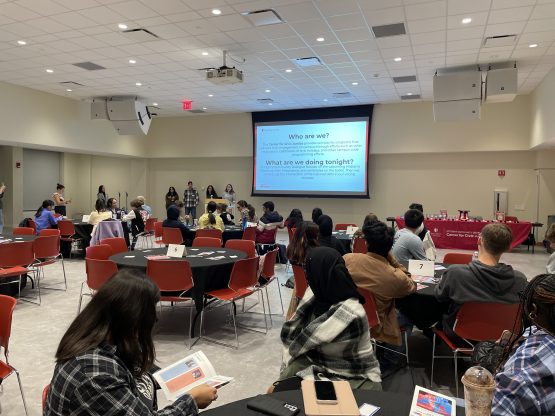
The Center for Civic Justice (CCJ) hosted its first community dialogue of the semester to inform students about the upcoming midterm elections and the national debt issue.
The event, Midterm Elections and The Long-Term Effects, took place on Wednesday, Oct. 19 in the Union ballroom and had about 50 attendees.
In collaboration with Up to Us — a campus campaign focused on educating college students on economic sustainability — the CCJ planned this event to prepare and encourage students to vote.
Attendees were incentivized to attend through offered credit towards the fulfillment of Democracy-101, a CCJ program that encourages civic engagement. Sorority and fraternity members could receive an hour of community service for the Inter-Fraternity and Sorority Council (IFSC), and attendance also counted towards first-year requirements for freshmen.
Anirudh Krishnan, a sophomore biomedical engineering major, attended the event out of genuine interest in politics.
“I would like to be more informed about what are the stakes of the midterm elections,” Krishnan said. “I came to this because I like to hear different people’s viewpoints.”
The dialogue began around 7 p.m. with Ashley Mercado-Ortiz, the CCJ Director, introducing herself and the night’s events. Anastasia Poulos, the CCJ’s student team leader and undergraduate coordinator, along with other CCJ interns, conducted the presentation as well.
The dialogue featured a slideshow presentation that outlined midterm elections, candidates and key terms. The presentation was interactive, with a Kahoot — an application that allows many people to compete to answer a question correctly — incorporated to get the audience involved.
The presentation broke down the voting process and options that students have for voting, including alternatives like absentee ballots and early in-person voting.
CCJ members hosting the event periodically prompted the audience to break off into groups to discuss among themselves. There were guided questions provided on the tables students were seated at.
These questions encouraged group members to talk about what they have learned in the presentation, as well as their own political opinions.
Questions such as “Do you feel like you have an adequate understanding of each candidates’ platforms?” and “What qualities do you look for in a candidate, and which qualities do you avoid?” opened up political conversations among attendees.
“I think the dialogue gives people the opportunity to express what they think and really discuss it with other people in a safe environment,” Beth Gatto, a freshman majoring in history, said.
This community dialogue comes at a time when the midterm elections could result in major political shifts not only in Long Island, but nationally. Every vote counts towards what party will take control of the House.
“I think that, unfortunately, not a lot of students pay attention to the elections,” Rachel Alexandre, a sophomore studying globalization and international relations and CCJ intern, said. “Just because we’ve all just recently turned 18, we’re just very young, so voting in general is a very new thing to all of us, so it can be difficult.”
America’s youngest voters generally have the lowest voter turnout in midterm elections out of all age groups. In 2018, only 30.1% of people ages 18 to 24 voted in midterm elections, which was below the national average of 49% voter turnout.
The CCJ works to combat this statistic. According to Julia Brandenstein, a graduate student coordinator of the CCJ, the CCJ has registered over 30,000 students to vote since 2016.
After the midterm elections and candidates were discussed, the presentation shifted to teaching the audience about America’s national debt.
This section defined national debt as “the amount of money the federal government has borrowed to cover the outstanding balance of expenses incurred over time.” It also connected national debt to student debt, which directly affects the student body.
“I do appreciate that they went over not just like the social issues but also the financial issues,” Farria Ashfaq, a junior studying communications, said. “I feel like [they] are constantly overshadowed by big, sensational politics.”
This comprehensive overview of the election fulfilled Krishnan’s desire for more information.
“It helped me to get an idea, especially through these brochures, what do each of the candidates stand for,” Krishnan said.
He admitted that he did not know much about each of the candidates prior to the presentation. Afterwards, however, he was able to come to political conclusions.
“Maybe Joe Pinion might be a good Senate representative,” he said.
The CCJ leads university efforts in getting students involved in the democratic process. They attend freshman orientation, transfer orientation and frequently hold tabling events around campus in order to ensure that students are registered to vote.
“The community dialogue is easily one of the largest events we plan every single year and every single semester,” Brandenstein said.
Brandenstein discussed an event on media literacy that the CCJ hosted this semester. At the event, students learned how to navigate through everything they see in the media “in order to help students understand what factual sources look like.”
“The Center for Civic Justice is one of the, or the, department on campus which works to empower students to get out there and engage in the democratic process,” Brandenstein said. “We do everything that we can in order to do that.”







